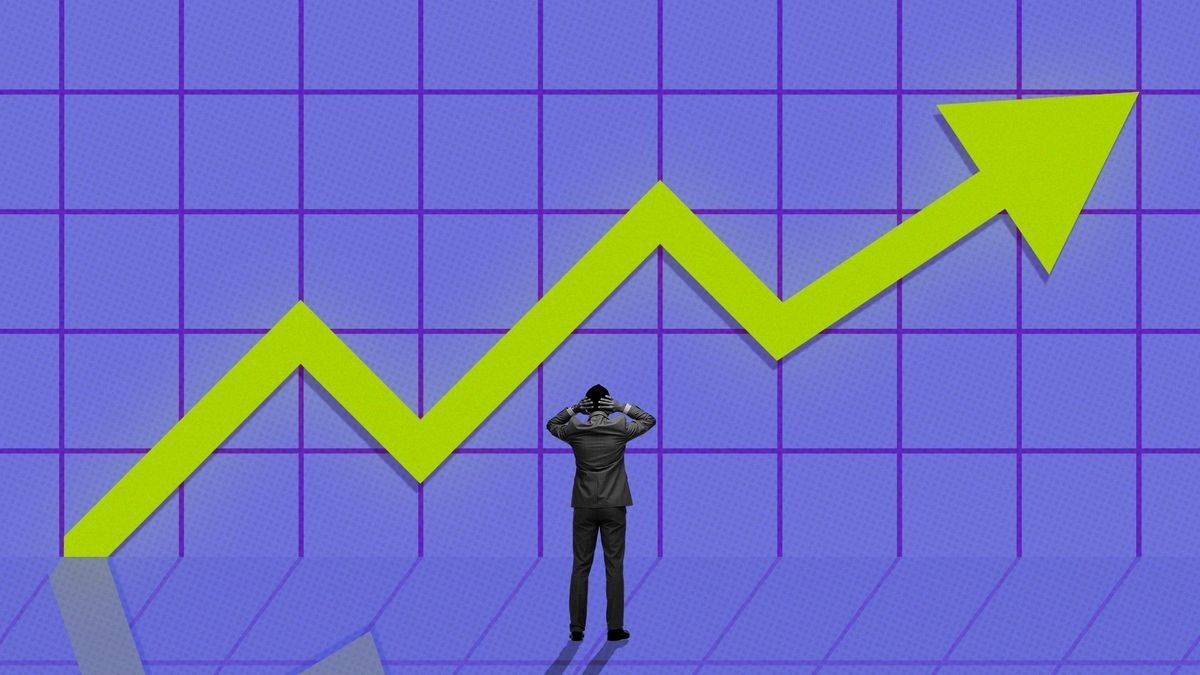
Economy, Week in Review
Spain’s economic resilience in 2024
The Spanish economy remains resilient despite uncertainties about future national and global economic policies. Spain’s GDP growth forecast for 2024 has been raised to 2.5%, driven by strong external demand, a growing labor force and recovery plan funds.

The Spanish economy remains resilient despite uncertainties about future national and global economic policies. Spain’s GDP growth forecast for 2024 has been raised to 2.5%, driven by strong external demand, a growing labor force and recovery plan funds.
Yes, but: Spain’s economy remains uncertain as GDP is expected to moderate to 2.1% in 2025 due to limited tourism growth.
- Even so, Spain’s tourism industry is set to boost its economic growth to 2.3% in 2024, outpacing the EU, the Bank of Spain reported on June 11.
Between January and April 2024, total tourist spending (domestic and foreign) grew by 8.1% y/y (5 pp less than in the previous quarter), according to a BBVA report.
Domestic demand remained stable, contributing 0.7 percentage points to quarterly growth. External sector added 0.5 pp despite a slight quarterly slowing in export growth. “Looking ahead, we expect that 2024 will see private consumption expand further as it capitalizes on 2023 gains in employment and nominal wages as well as easing inflationary pressures,” the report reads.
Spanish interest rates haven’t proportionally impacted financing costs, and fiscal policy might be more expansionary than anticipated, according to a BBVA report. “Investment in transport and housing faces short-term obstacles and domestic demand will be affected in 2025 by fiscal adjustment.”
Europe’s Recovery Plan
In response to the energy market disruption caused by Russia’s invasion of Ukraine, the Commission launched the REPowerEU Plan. Under REPowerEU, EU countries are updating their recovery and resilience plans with new measures to save energy and diversify the EU’s energy supplies, according to the European Commission.
The Recovery Plan will mobilize up to €163 billion in the period 2021-2026, more than 12% of Spain’s GDP.
What’s next: The Bank of Spain raised its EU-standardized consumer inflation outlook to 3% this year from a previous 2.7% as it expects higher energy prices and faster core inflation.
- “The bank expects a gradual moderation in the pace of inflation to 2% and 1.8% in the following two years, although at a more moderate path than previously expected,” reads a Reuters article.
By the numbers: Customers in Spain have averaged 17 days beyond terms, with 57% of credit professionals saying payment delays have stayed the same, per the FCIB Credit and Collections Survey. The most common causes of payment delays are cultural norms and customs (50%), billing disputes (42%) and cash flow issues (42%).
What FCIB Credit and Collections Survey respondents are saying:
- “Clearly define terms and how you expect payment.”
- “Strict credit compliance and blocking orders in case of over-dues.”
- “Start early building a relationship with your customer, and include your salesperson—you’ll make a team and teams work together.”
- “It is important to know customer’s payment process to avoid misunderstandings or delays due to administrative issues.”
Spain’s business culture has two main types: traditional family-run SMEs led by the elite and modern, tech-savvy international enterprises. Despite globalization, Spain remains a conservative society that values old customs and traditions. Here are some quick tips for doing business in Spain:
#1 Follow their lead. Wait to see which titles your Spanish counterpart uses. The most common titles will be the person’s honorific title, such as Doctor, Señor or Señora, along with his or her surname, until he or she invites you to move to a first-name basis.
#2 Refresh your Spanish skills. Most business communications will be in Spanish. If you’re not fluent in Spanish, hire a local interpreter and provide all written materials in both English and Spanish.
#3 Greet accordingly. The handshake is the standard workplace greeting and farewell, varying with the relationship and person. Once your Spanish counterpart gets to know you, he or she may hug you as the standard greeting and departure gesture. Remember to say goodbye to each person individually when leaving.
- Females typically greet friends with a kiss on both cheeks, initiated by your Spanish counterpart. Note that you touch cheeks while kissing the air, starting with the right cheek.
#4 Remain fair. Although Spaniards enjoy the negotiation process, they value fair pricing and dislike further bargaining once a price is set. They prefer to focus on long-term benefits, and will strive for a win-win outcome. Do not openly emphasize profit-making, for you will come across as being greedy.
#5 Be flexible with your time. Be punctual to show you’re serious, but expect delays. Spaniards often start meetings 15 to 30 minutes late. Going overtime, digressing and interrupting meetings to take care of something else are common occurrences.
The decision-making process in Spain is also slower than other European countries and deadlines are not followed as diligently.
- If your counterparts seem to be stalling, it means their decision-making process is lengthy or they want to know you better. Focus on building the relationship if trust isn’t established yet.





